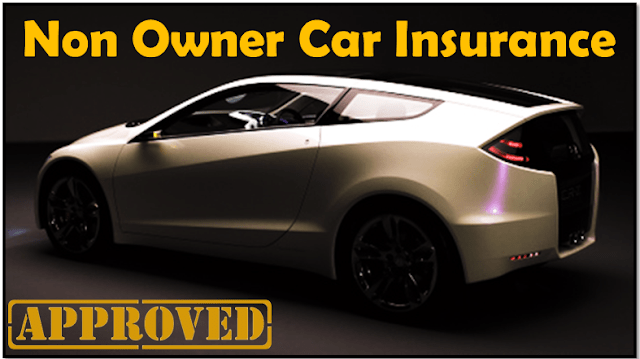Top Benefits of Non-Owner Car Insurance Policies
You might find it interesting that many people overlook non-owner car insurance, thinking it's unnecessary. However, if you occasionally borrow or rent vehicles, this type of policy can be a smart choice. It offers essential liability coverage at a lower cost than traditional auto insurance, keeping you protected without the commitment of owning a car. Curious about how it could serve your unique driving needs? Let's explore the key benefits together.
Non-owner car insurance policies are designed for individuals who don't own a vehicle but still need coverage when borrowing or renting cars. This type of insurance provides essential liability protection, guaranteeing that you're financially covered if you're involved in an accident while driving someone else's vehicle. It's particularly beneficial for those who frequently drive vehicles that aren't their own and aren't listed on the owner's insurance policy.
One of the primary benefits of non-owner car insurance is its affordability. Compared to traditional auto insurance, non-owner policies tend to be less expensive, often ranging from 5% to 15% cheaper. This makes it an attractive option for those who don't drive regularly or own a vehicle but still want to maintain some level of insurance coverage. You can enjoy peace of mind knowing that you're protected without breaking the bank. Additionally, these policies often have lower premiums due to the reduced likelihood of accidents compared to average drivers. This makes non-owner insurance a cost-effective option for occasional drivers.
This insurance also offers flexibility. Since it covers you as the driver rather than a specific vehicle, you can borrow or rent different cars without worrying about the need for separate insurance each time. This is especially useful for individuals who frequently travel or find themselves in situations where they need to drive a variety of vehicles. You're covered in various situations, whether you're renting a car for a weekend getaway or borrowing a friend's vehicle.
Another significant advantage is that non-owner car insurance can help you avoid lapses in your coverage history. Maintaining continuous insurance is vital for your future premiums. If you're waiting to purchase a car or moving between vehicles, a non-owner policy can bridge that gap effectively. This is particularly important for higher-risk drivers who may be required to carry liability insurance. Keeping up with insurance requirements can help you avoid complications when you're ready to buy your own vehicle.
Liability coverage for bodily injury and property damage is standard with non-owner policies, so you know you're protected if an accident occurs. While it doesn't cover damage to the borrowed vehicle or personal injuries, it serves its purpose by providing necessary financial protection. Some optional coverages, like uninsured or underinsured motorist protection, can be added for extra peace of mind.
When it comes to purchasing non-owner car insurance, the process is straightforward. Most national insurance companies offer these policies, and getting quotes is typically just a phone call away. You'll need basic information, such as your driver's license and payment details.
Many providers, including Allstate and GEICO, guarantee you receive proof of insurance quickly, often via email.
Conclusion
In today's fast-paced world, having non-owner car insurance is like having a safety net for your driving adventures. Whether you're borrowing a friend's car or renting one for a weekend getaway, this policy keeps you protected without breaking the bank. Plus, it helps you maintain a solid insurance record. So, if you're a part-time driver looking for flexibility and peace of mind, non-owner car insurance is definitely worth considering!

